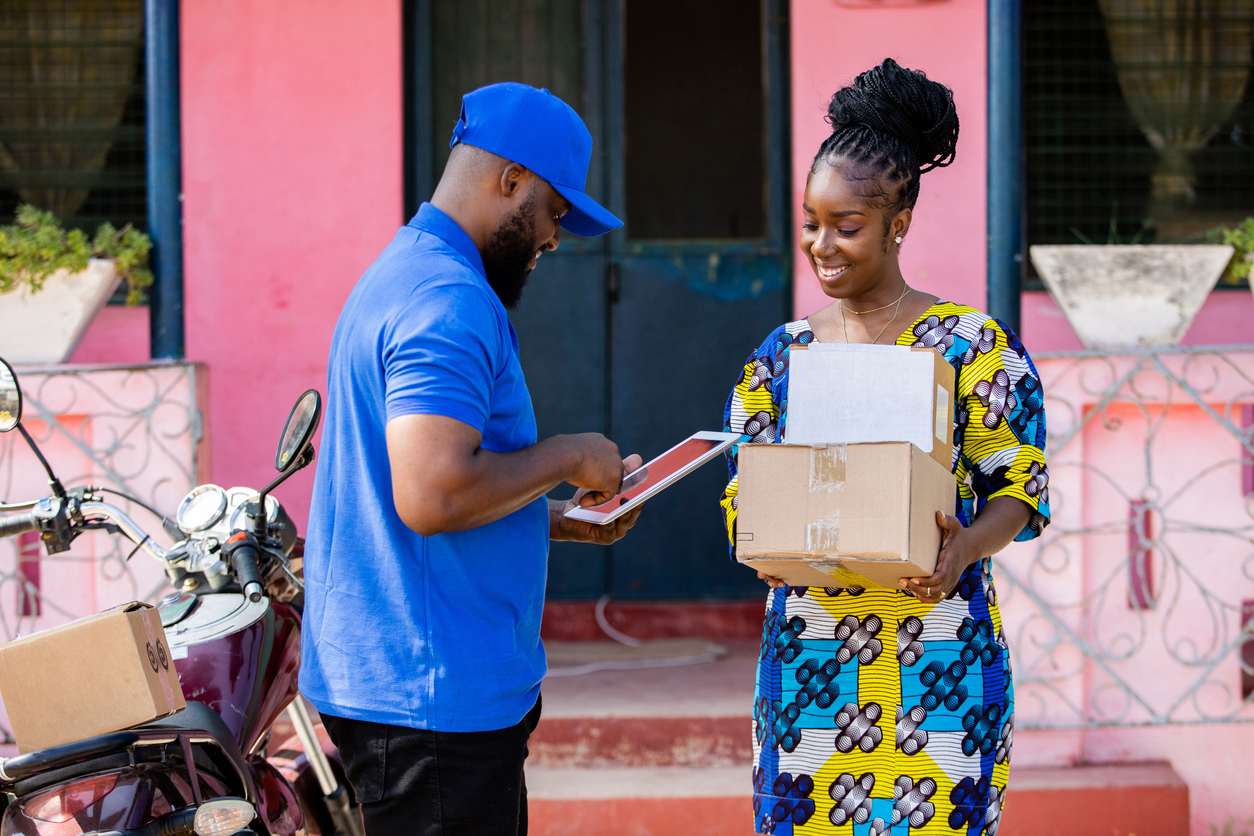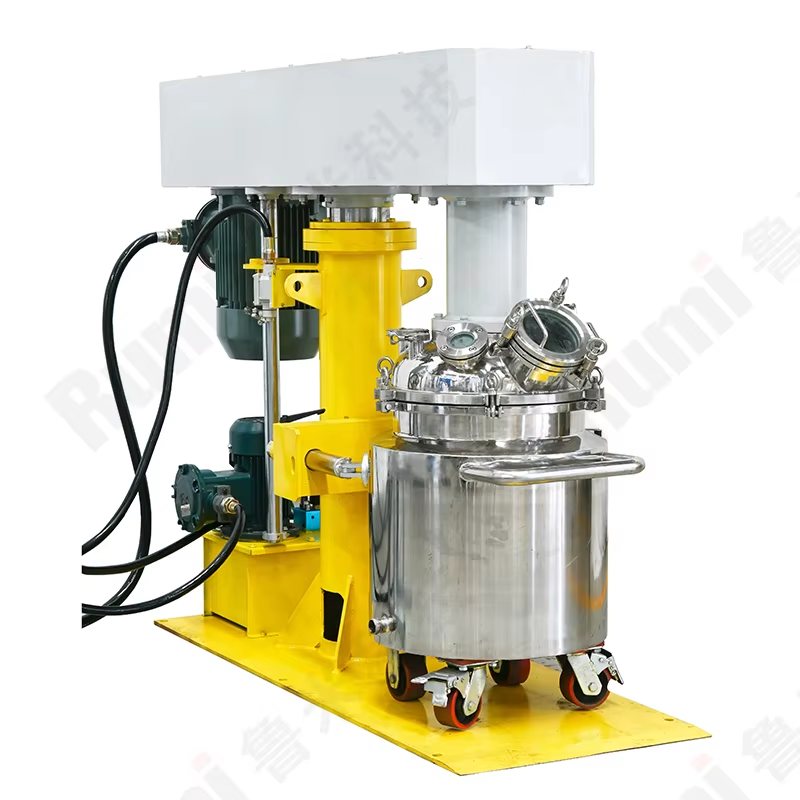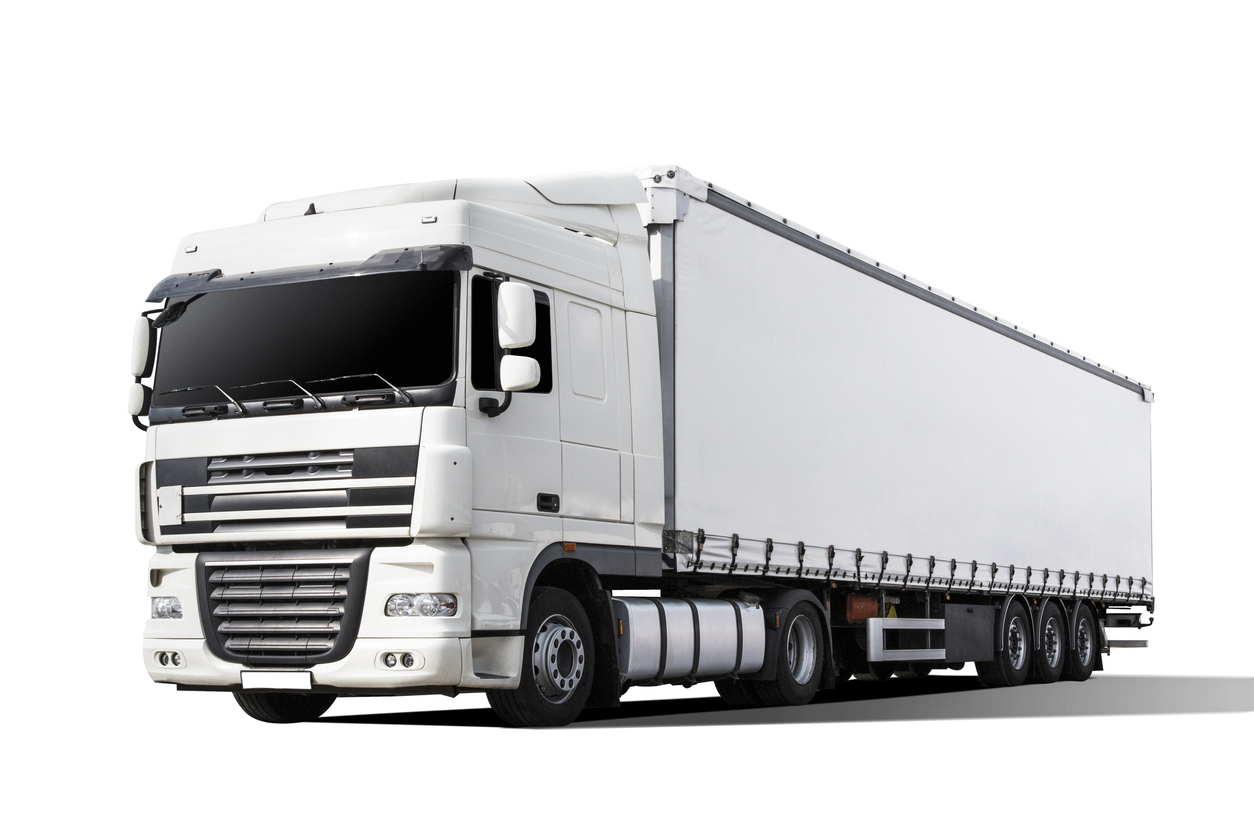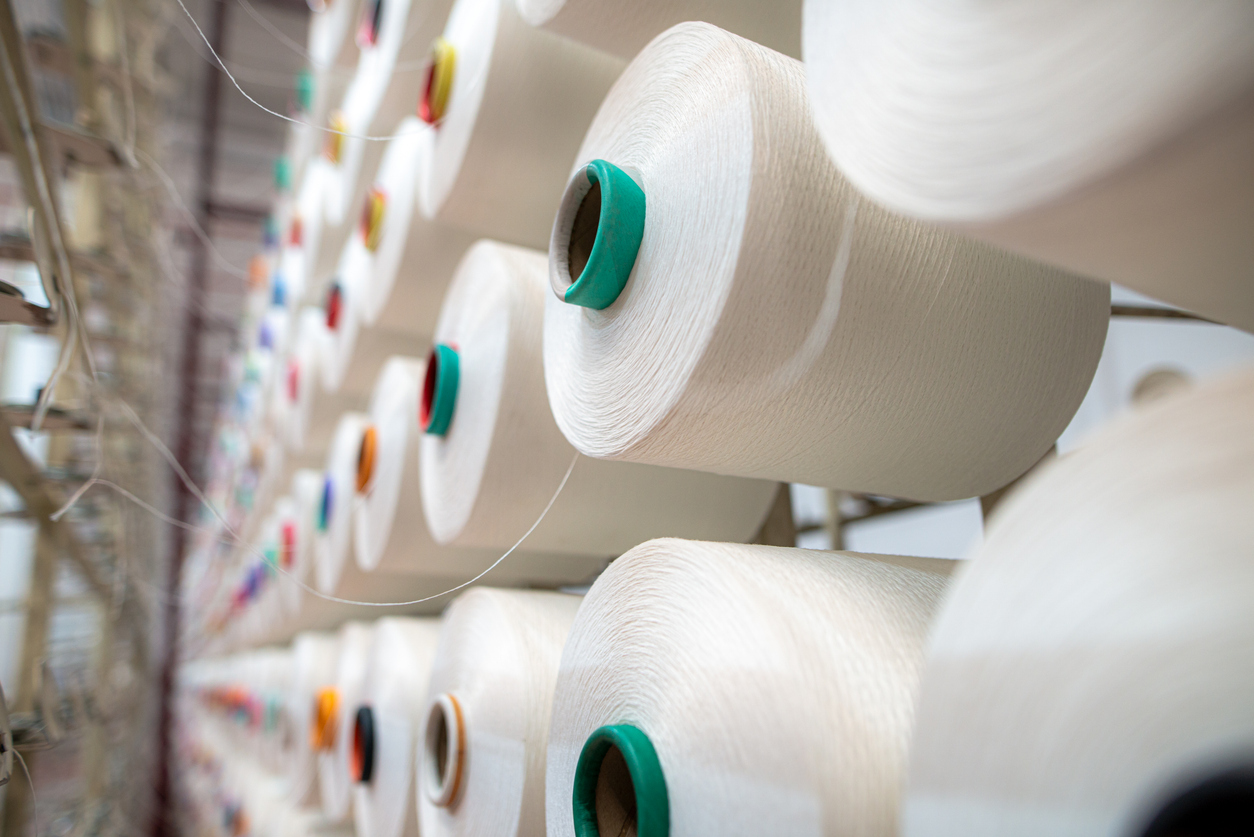How to Buy Products in Nigeria from Abroad – A Step-by-Step Guide by Wigmore Trading
As Nigeria’s consumer and business markets expand, the demand for foreign goods — including electronics, food products, machinery, fashion, and industrial inputs — continues to rise. Whether you’re a retailer, manufacturer, or private buyer, learning how to buy products in Nigeria from abroad safely and cost-effectively is key to business success.
This guide offers a practical overview of international purchasing, customs clearance, and how Wigmore Trading simplifies the process for B2B and B2C clients.
Why Nigerians Buy Products from Abroad
Importing goods into Nigeria allows individuals and businesses to access:
-
✅ High-quality international brands (e.g., electronics, automotive parts, cosmetics)
-
✅ Competitive pricing from Asian, European, or American manufacturers
-
✅ Specialized machinery and components not locally available
-
✅ Bulk commercial goods for resale and distribution
-
✅ Seasonal or fashion items from global markets
But purchasing from abroad also involves cross-border regulations, payment risks, and shipping complexities — which is why many buyers seek support from experienced trading companies.
Step-by-Step Guide: How to Buy Products in Nigeria from Abroad
1. Identify What You Need and Where to Source It
Decide on the product category (e.g., electronics, clothing, industrial supplies), then locate a trusted supplier via:
-
Global B2B platforms (Alibaba, Tradekey, Made-in-China)
-
Direct manufacturer websites
-
Wholesale distributors in the U.S., UK, China, or EU
2. Verify Supplier Credibility
Before placing an order:
-
Ask for product certificates, reviews, and references
-
Request sample products for quality validation
-
Use verified payment channels (e.g., escrow services or LC for bulk orders)
3. Understand Import Regulations in Nigeria
Ensure your product is allowed under Nigerian law. Key considerations include:
-
NAFDAC approval for food, beverages, drugs, and cosmetics
-
SONCAP certification for electronics, building materials, and machinery
-
Customs tariffs and import duties based on product classification
4. Choose a Shipping Method
Select between:
-
🚢 Sea freight (affordable for bulky or large-volume items)
-
✈️ Air freight (faster but more expensive)
-
🚚 Courier services (ideal for small consumer orders)
Make sure to request tracking, insurance, and delivery confirmation.
5. Clear Customs and Receive Goods
Upon arrival in Nigeria, your shipment will go through:
-
Documentation verification (invoice, bill of lading, Form M)
-
Duty assessment and payment
-
Inspection by NAFDAC, SON, or Customs (if applicable)
Working with a reliable clearing agent or a licensed importer like Wigmore Trading can significantly reduce clearance time and prevent complications.
How Wigmore Trading Can Help
Wigmore Trading is a trusted name in import/export logistics and wholesale distribution in Nigeria, helping clients seamlessly buy products from abroad and bring them into Nigeria.
We Offer:
-
🌍 Global sourcing assistance from verified suppliers
-
🚢 Sea and air freight coordination with trusted carriers
-
📦 Warehousing and customs clearance for smooth delivery
-
🧾 Regulatory compliance including NAFDAC, SONCAP, and Form M support
-
🤝 B2B and retail import partnerships for wholesale buyers
Whether you’re importing electronics from China, food from Europe, or machinery from the U.S., Wigmore Trading can help simplify the process and save you time and money.
Conclusion
If you’re planning to buy products in Nigeria from abroad, success depends on choosing reliable suppliers, understanding import laws, and managing logistics effectively. Wigmore Trading offers a complete, end-to-end solution — from international sourcing to doorstep delivery — for both individuals and businesses.
Contact Wigmore Trading today to get started with your import needs.








Comments are closed.